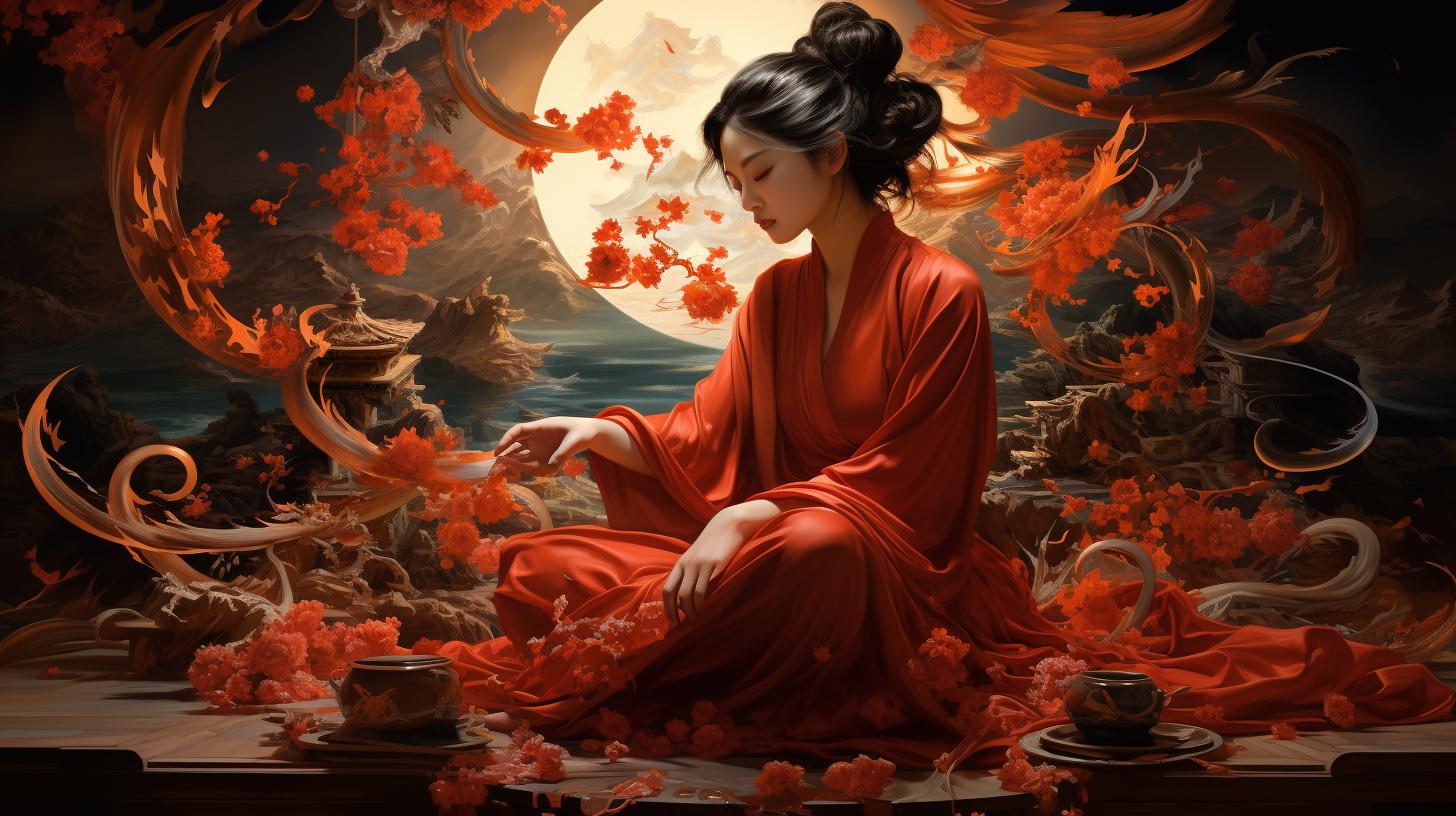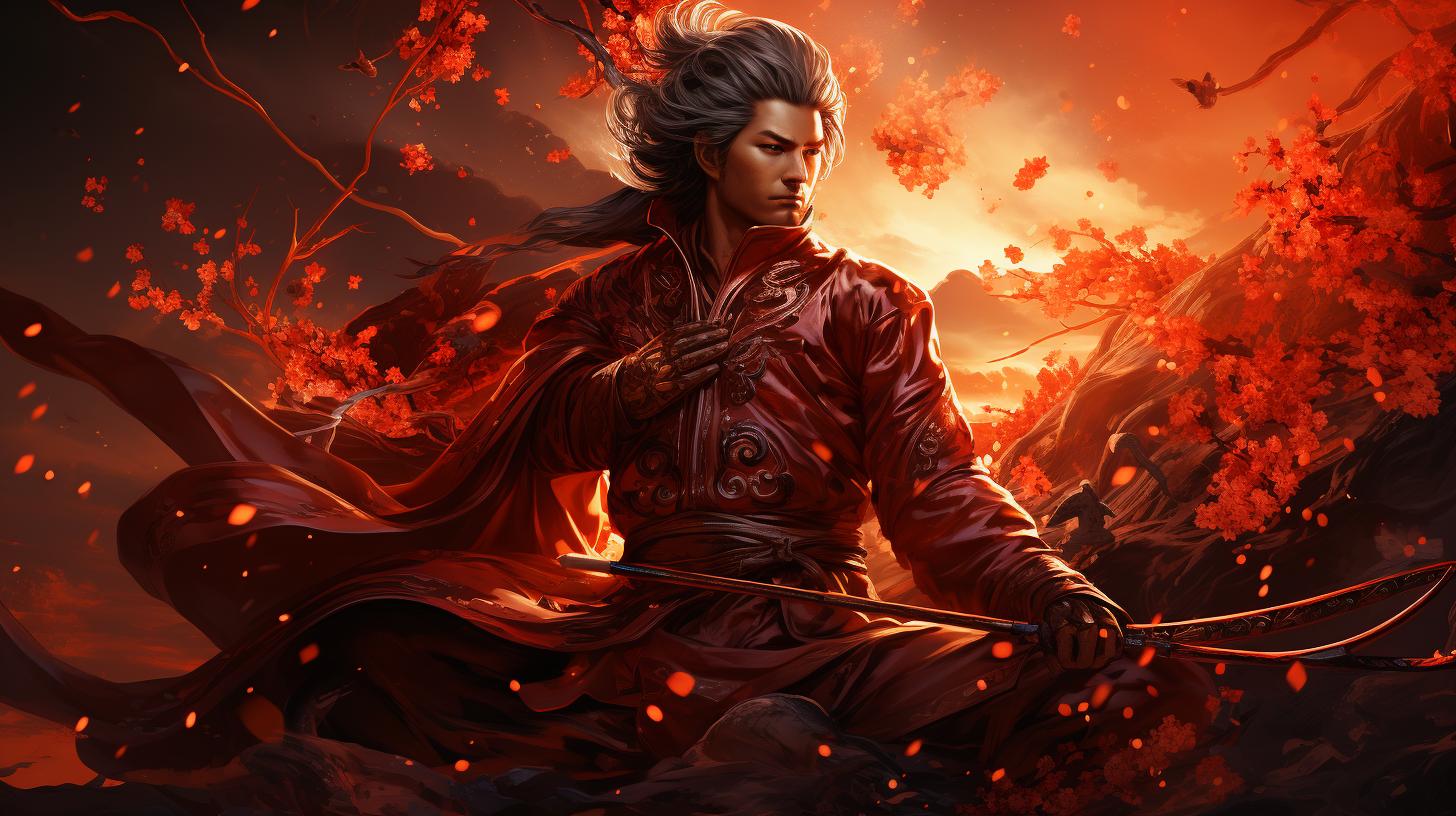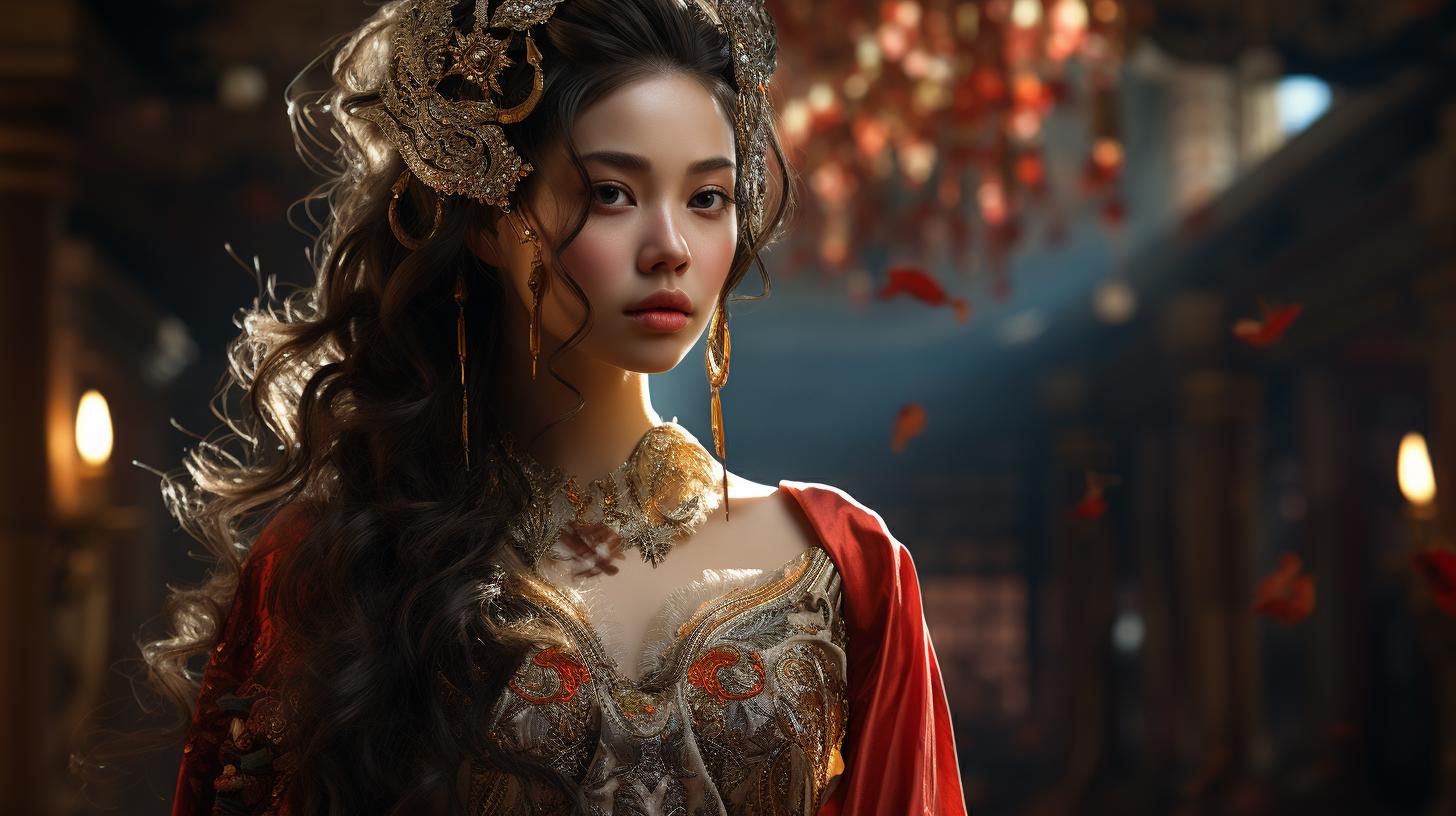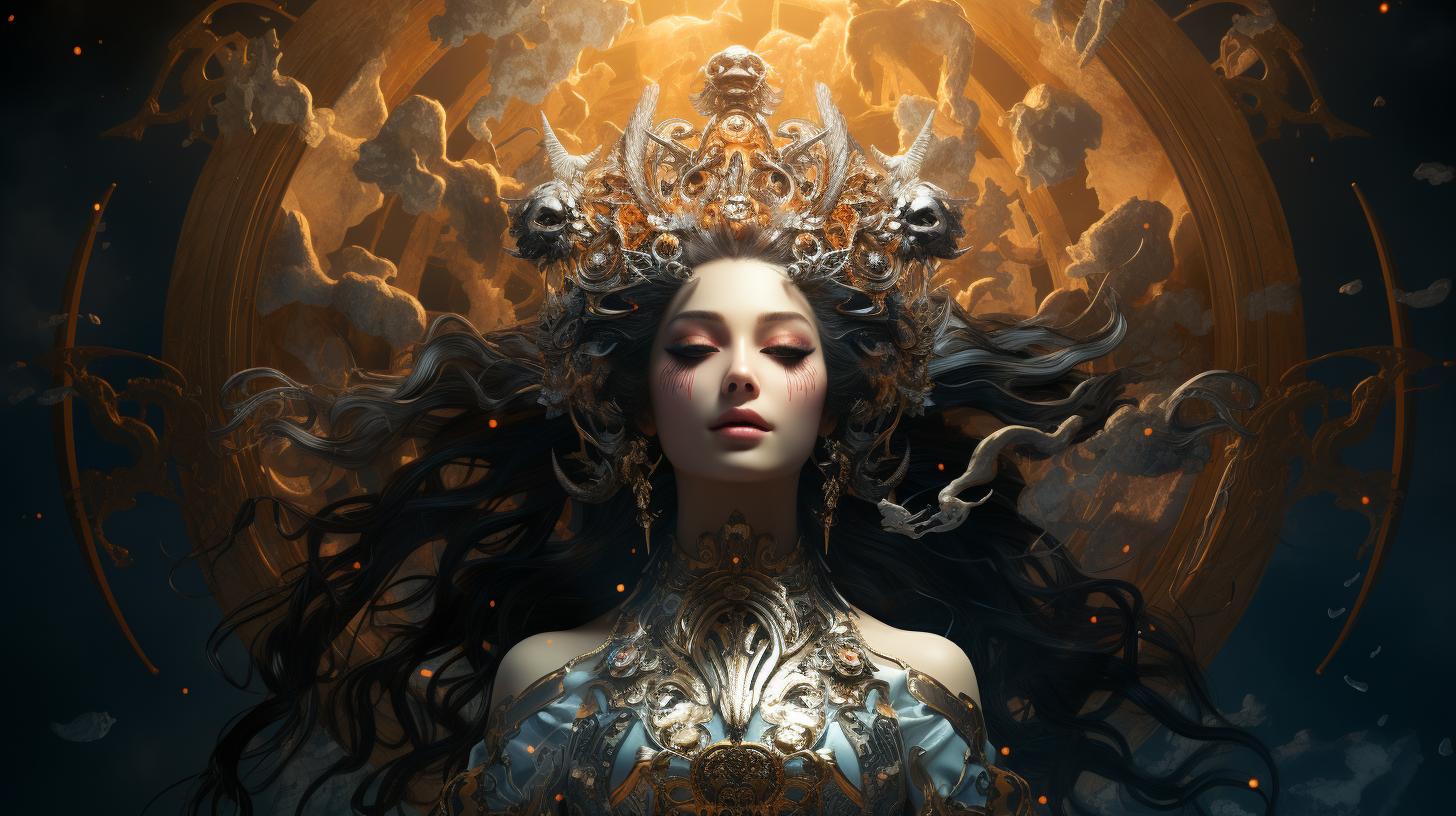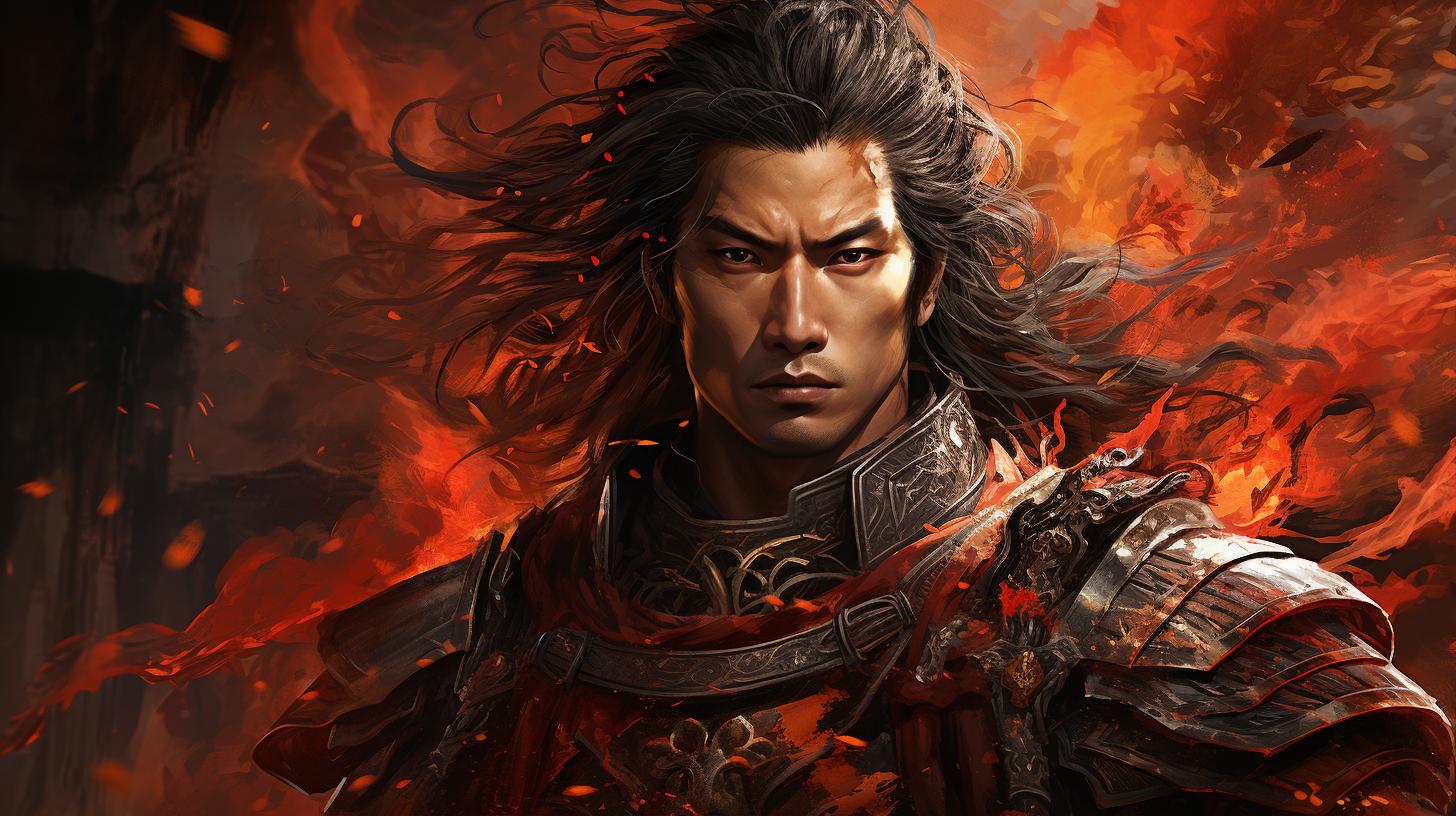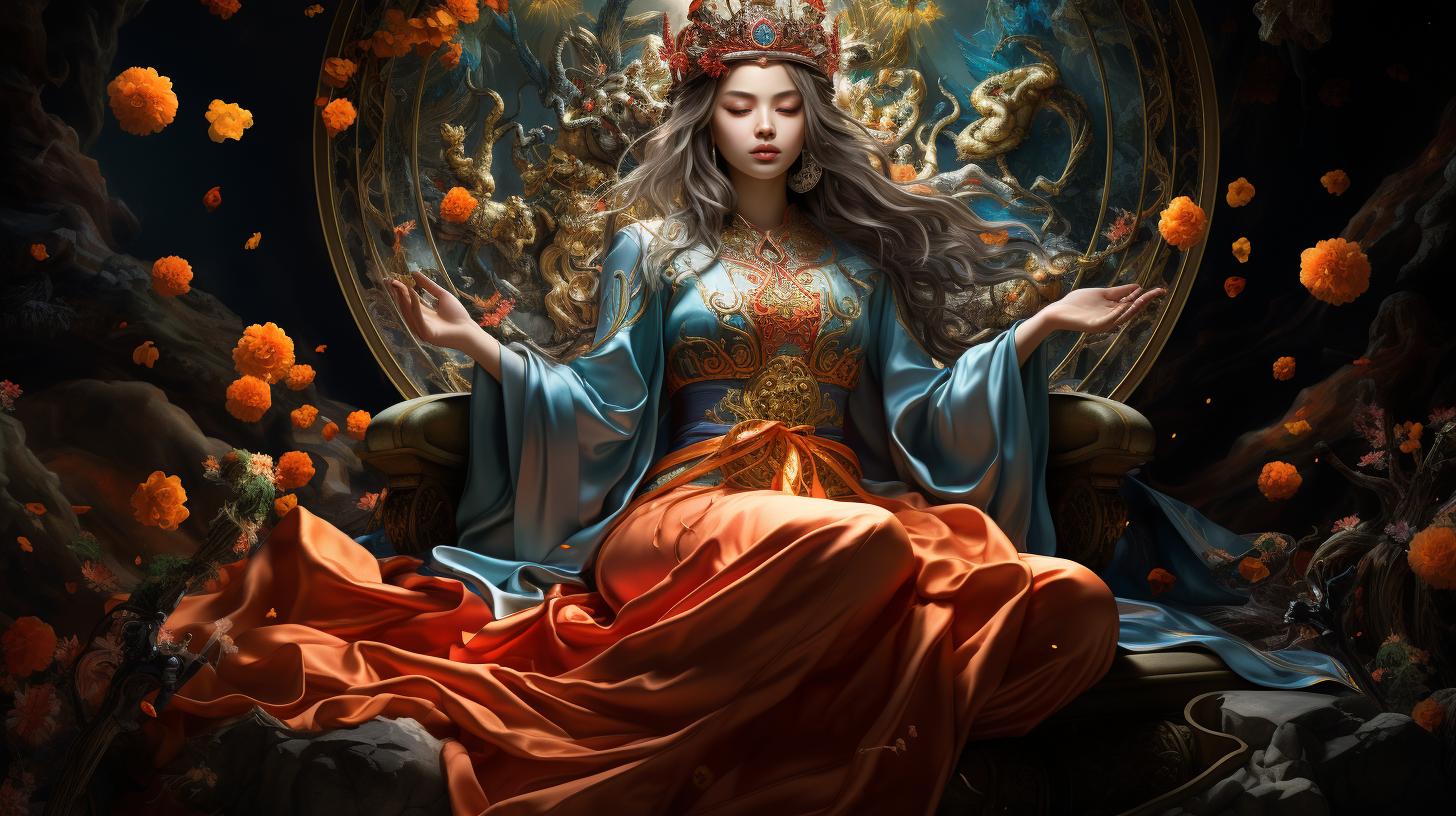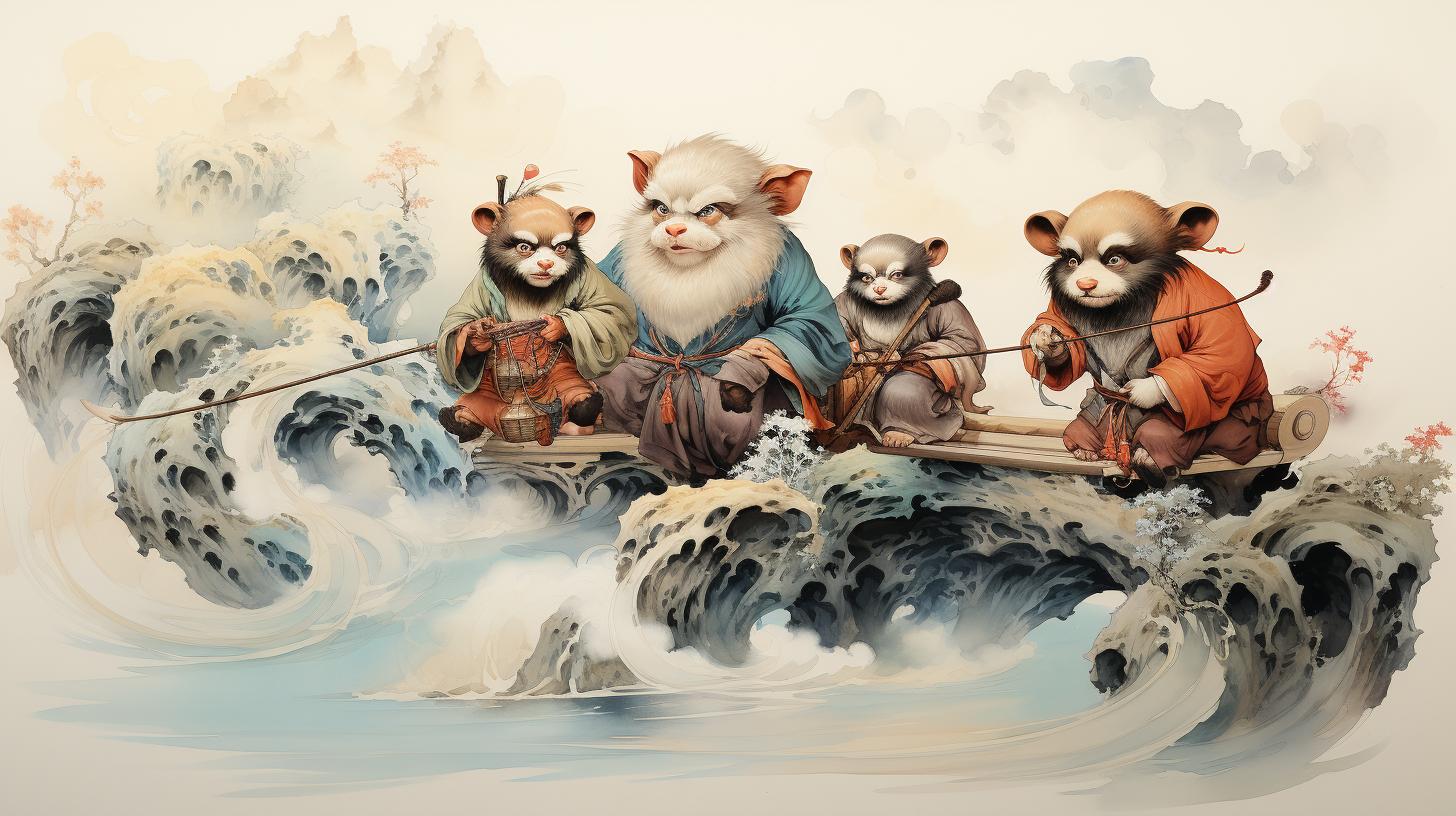Chinese Goddess Nuwa: Discover the Ancient Feminine Deity in Chinese Mythology
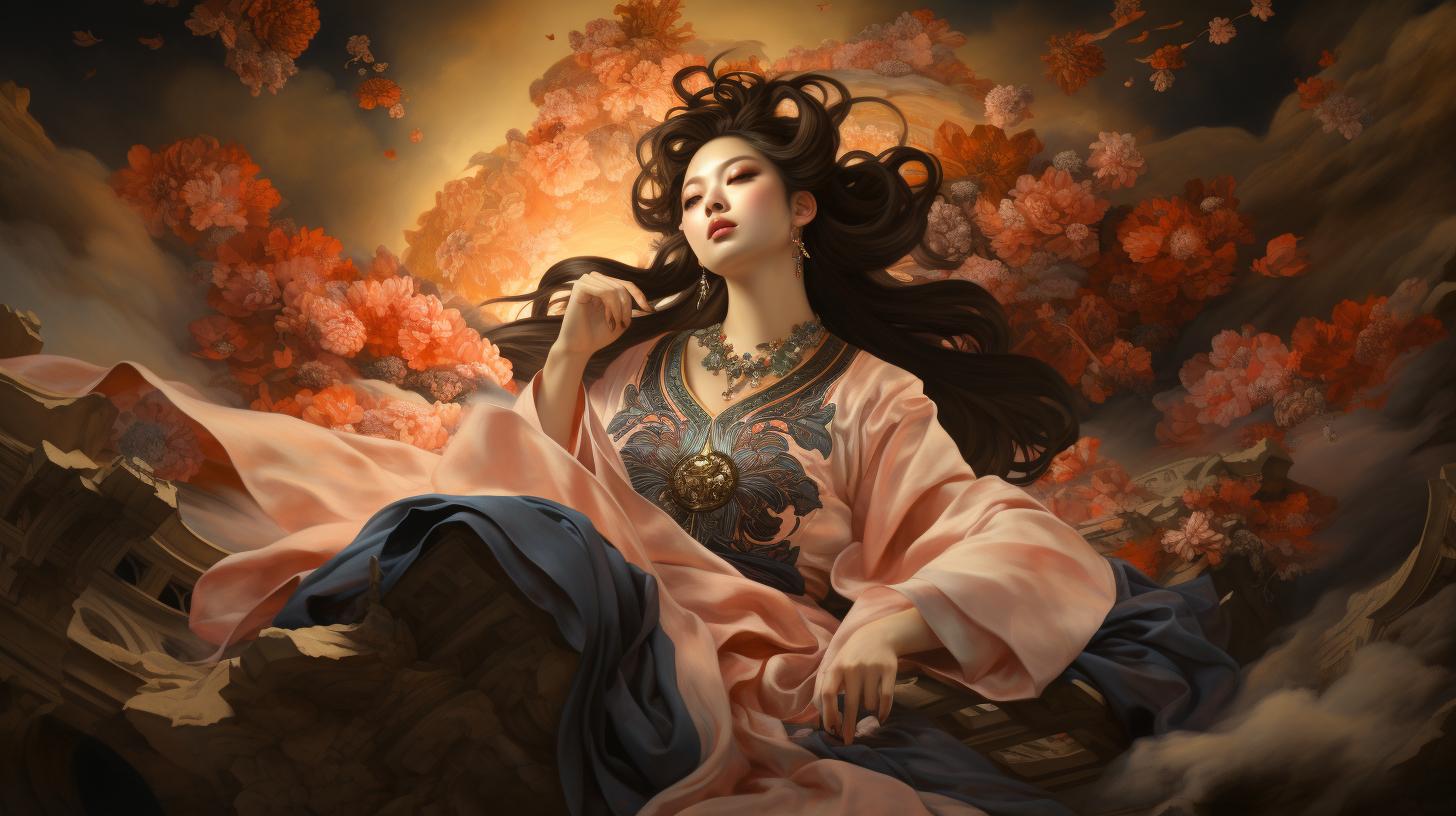
Goddess Nuwa holds great significance in Chinese mythology. She is a powerful deity known for her role in creation and her close relationship with Fuxi. Nuwa is associated with the four pillars, battled against Gong Gong, and played a crucial role in repairing the heavens and the flood myth.
Her worship and influence can be seen in Chinese art, literature, and the history of the Han Dynasty and beyond. Nuwa’s legacy continues to resonate in modern China.
Overview
Chinese Mythology is rich with fascinating tales and mythical characters that have endured through the centuries. In this article, we will explore the captivating world of Chinese goddess Nuwa and delve into her significance within Chinese culture and history.
Nuwa, often considered one of the most revered deities, holds a unique place in Chinese mythology and has left an indelible mark on various aspects of Chinese society.
Introduction to Chinese Mythology
To comprehend the essence of Nuwa, it is crucial to gain a basic understanding of Chinese mythology as a whole. Chinese mythology is a complex system of beliefs and stories that encompass a wide range of gods, goddesses, and legendary creatures.
These myths are deeply intertwined with Chinese cultural and historical narratives, forming an integral part of the country’s identity.
Significance of Goddess Nuwa
Goddess Nuwa occupies a singular position within Chinese mythology, embodying various roles and symbolizing fundamental concepts. Her significance is multi-faceted, ranging from being the creator of humankind to a deity associated with repairing the heavens and bringing balance to the natural world.
Nuwa’s influence extends beyond mythology, permeating Chinese art, literature, and religious practices. Her enduring legacy continues to shape the cultural fabric of China in the present day.
Who is Nuwa in Chinese Mythology?
In Chinese mythology, Nuwa is a significant figure known for her pivotal role in the creation of the world and her unique connections with other deities. Explore the fascinating origin, role in creation, relationship with Fuxi, and extraordinary powers and attributes of this prominent Chinese goddess.
Nuwa is believed to be one of the oldest deities in Chinese mythology, often depicted as a human with a serpent’s body or as a serpent-headed goddess. According to ancient texts, she emerged from chaos and came into existence at the beginning of creation.
Nuwa’s Role in Creation
Nuwa played a central role in the creation of humanity. Legend has it that she molded figures out of yellow clay and breathed life into them, giving birth to the first humans.
This act of creation solidified her status as a powerful deity associated with fertility and the continuation of life.
Nuwa’s Relationship with Fuxi
Nuwa and Fuxi, often depicted as siblings or a couple, are integral to Chinese mythology. They are believed to have worked together in establishing societal order, inventing various cultural aspects, and guiding humanity towards prosperity.
Their partnership symbolizes harmony and the union of yin and yang.
Nuwa’s Powers and Attributes
Among Nuwa’s remarkable powers is her ability to mend the heavens and repair the damage caused by battles between powerful deities. She is also associated with the creation of the four pillars that support the sky, playing a crucial role in maintaining cosmic balance.
Nuwa is revered for her wisdom, compassion, and her role as a protector of humanity.
The Mythological World of Nuwa
This section delves into Nuwa’s significant role in Chinese mythology, presenting captivating narratives of her encounters and her remarkable feats.
Nuwa and the Four Pillars
One of the intriguing aspects of Nuwa’s mythology is her association with the four pillars. According to legend, Nuwa crafted these pillars using mystical stones to support the heavens and stabilize the Earth.
These pillars symbolize her immense power and her efforts to maintain cosmic balance.
Nuwa’s Battle Against Gong Gong
A monumental event in Chinese mythology, Nuwa’s epic battle against Gong Gong showcases her valor and strength. Gong Gong, a rebellious deity, challenged Nuwa’s authority and wreaked havoc on the world.
Nuwa fearlessly confronted Gong Gong, unleashing her divine powers to restore order and protect humanity.
Nuwa’s Repair of the Heavens
In the aftermath of a catastrophic event that caused the collapse of the heavens, Nuwa displayed her exceptional craftsmanship. With her divine abilities, she painstakingly repaired the damaged skies, ensuring the stability and harmony of the celestial realm.
This remarkable act highlights Nuwa’s skill as a divine creator and nurturer.
Nuwa’s Role in the Flood Myth
One of the most renowned narratives involving Nuwa is her intervention in the ancient flood myth. In response to massive flooding that threatened the existence of all life, Nuwa took action by repairing the broken sky, constructing dams, and controlling the waters.
Nuwa in Chinese Culture and History
Nuwa Worship and Chinese Folk Religion
In Chinese culture, Nuwa is revered as a powerful deity and holds a significant place in Chinese folk religion. Many temples and shrines dedicated to her worship can be found throughout China.
Devotees often offer prayers, incense, and rituals to honor her divine presence. Nuwa’s worship is deeply intertwined with Chinese mythology and is an integral part of their spiritual practices.
Nuwa’s Influence on Chinese Art and Literature
Nuwa’s captivating persona has greatly influenced Chinese art and literary works throughout history. She is often portrayed in paintings, sculptures, and various art forms, depicting her as a graceful and compassionate figure.
In literature, Nuwa’s stories have inspired renowned Chinese poets and authors, who have depicted her in ancient legends, epic poems, and fictional works, showcasing her enduring impact on the cultural imagination.
Nuwa in the Han Dynasty and Beyond
The Han Dynasty, a pivotal era in Chinese history, saw Nuwa’s prominence rise even further. Her symbolism as a creator deity and her association with Fuxi became deeply ingrained in Chinese culture during this period.
Nuwa’s presence extended beyond mythology, influencing the philosophical and ethical beliefs of the time. Her enduring legacy continued to shape Chinese society, art, and religious practices for generations to come.
Nuwa’s Legacy in Modern China
Even in modern times, Nuwa’s legacy remains significant in China. Her mythological stories and influence continue to be celebrated and recognized. The Chinese people hold her in high regard as a symbol of creativity, femininity, and the harmonious balance between heaven and earth.
Nuwa’s cultural impact can be seen in various aspects of contemporary Chinese society, including art, literature, and spiritual practices….

